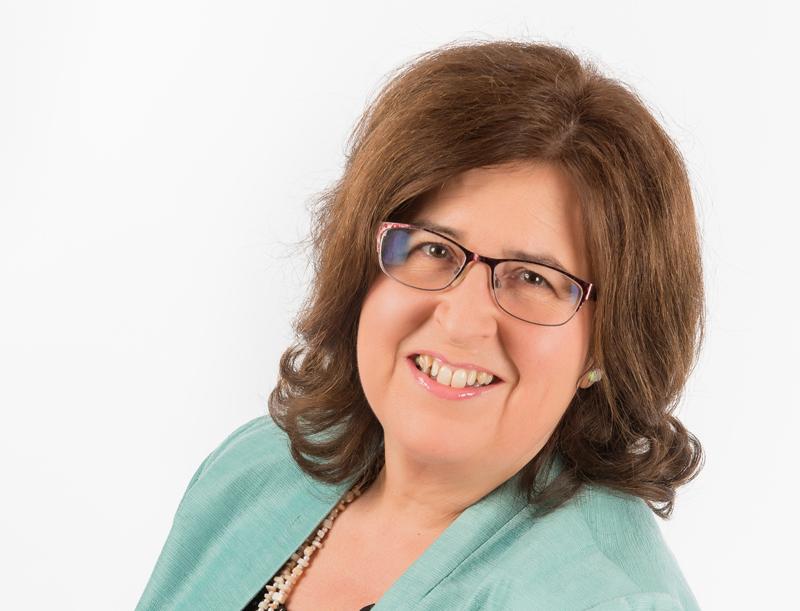I want to break free…

If, like me, you have worked for some time in the Education, Employment and Skills sector you’ll appreciate the frustration I feel when I see wheels being reinvented (again) and lessons failing to be learned (or forgotten) from past experience and practice. In circumstances where the funding to support interventions is becoming increasingly difficult to attract my grievance is getting incrementally greater! We talk about “innovation” but we can rarely define what we mean. We are often wasting limited resources on activities that aren’t evidenced to work, don’t have sufficient impact and might even be doing more harm than good. The flip side of this is that good stuff is going on but we don’t have a sufficiently robust mechanism to know where this is, what this is and how best to share it.
It’s time for change and there are some green shoots emerging to suggest that, at last, the nettle is being grasped. The Learning and Work Institute, Nesta, DWP and the Cabinet Office appear to be making some progress towards creating an “evidence centre” of research for the sector (much like NICE in the medical context) and the Institute of Employability Professionals (IEP) has recently launched its Knowledge Bank, encouraging its members to share best practice. The new FE News site is all about enabling the sector to come together, share positively and spot innovation. This is all good progress and to be encouraged.
However, access to knowledge isn’t fairly available or accessible:
If you represent a prime provider (at a relatively senior level) your access to knowledge about “what works” for our customers is much easier to access than if you are a small community based charity or social enterprise. You will probably be a member of ERSA or AELP or both and benefit from their exceptionally valuable updates, you will be a regular attendee at conferences, you’ll have a ready-made network of peers to bounce your ideas off and DWP/BIS may invite you to participate in working parties to co-design provision.
If you are a practitioner, working with our beneficiaries “at the chalk face”, your opportunities to share the things that work and new ideas are more limited. If you aren’t yet a member of the IEP I highly recommend that you join. A membership fee of £40 – £70 per annum (tax deductible) is money very well spent on professional development. See http://www.myiep.uk/
If you are a grass roots “micro” provider the chances are that you haven’t heard of AELP, ERSA, IEP or any other membership or interest group and if you have you probably can’t afford the membership fees and joining costs of the conferences and events where knowledge is shared and new ideas discussed.
I am a founder director and one-time Chair of both ERSA and the IEP and until recently a long-time director of Inclusion and it saddens me that, despite much effort and the best of intentions, the delivery and dissemination of knowledge across our sectors remains so exclusive to those who can afford to receive it.
The times are ripe for change. As we enter in to the new waters of the Work and Health Programme, and providers have no alternative but to work with the customers who are the most marginalised and distanced from work, it will become increasingly (commercially) essential for “prime” providers to engage with the community-based organisations who know where these beneficiaries live, the challenges they face and already work across the spectrum of interventions that ultimately support them getting in to sustained work.
These community organisations need their own mechanism to gain visibility to the primes, to share their own experience and expertise, learn from others and to have their own access to professional development and networking opportunities. In this way we think the process of inclusion for individuals, families and communities will be assisted and speeded up. Responding to this need my colleague Tracy Fishwick and I have established WhatWorksInclusion.
In brief. WhatWorksInclusion is a membership “hub” based around a website that will enable small organisations who lack resources to access, shape and share best practice and become a collaboration of like-minded operationally-active organisations and individuals. Replication and scaling of provision will be enabled by the sharing of what is working well (and what is less effective) in their specialism through a collection of evaluations, reports, evidence and latest thinking available in an accessible “inclusive” format. The website will be supplemented by learning and sharing opportunities – ranging from local debates, webinars, round tables, “pop-up” events and conferences – always with the emphasis on relevance, affordability and accessibility .
We are currently moving in to the design stage of the project working with community-based charities and social enterprises as Design Partners – co-designing the provision to ensure we create a resource that has the impact and outcomes we are aiming for.
We don’t see any of the aforementioned knowledge sharing initiatives as mutually exclusive. Ultimately we should all be working together, in a strategic way, to ensure that our entire workforce across the wider education, skills and employability sector has the very best resources and support to hand, in whatever way it works with jobseekers, of whatever age or demographic, through which ever programme, and however distanced its customers are from work.
To quote Kofi Annan:
“Knowledge is power. Information is liberating. Education is the premise of progress, in every society, in every family.”
Let’s take that to heart, share the knowledge and break free..!
Fran Parry is the founder of Bright Sparks – she can be contacted on 07590 112912 and Tracy can be contacted on 07769 670753 if you would like to know more about WhatWorksInclusion











Responses